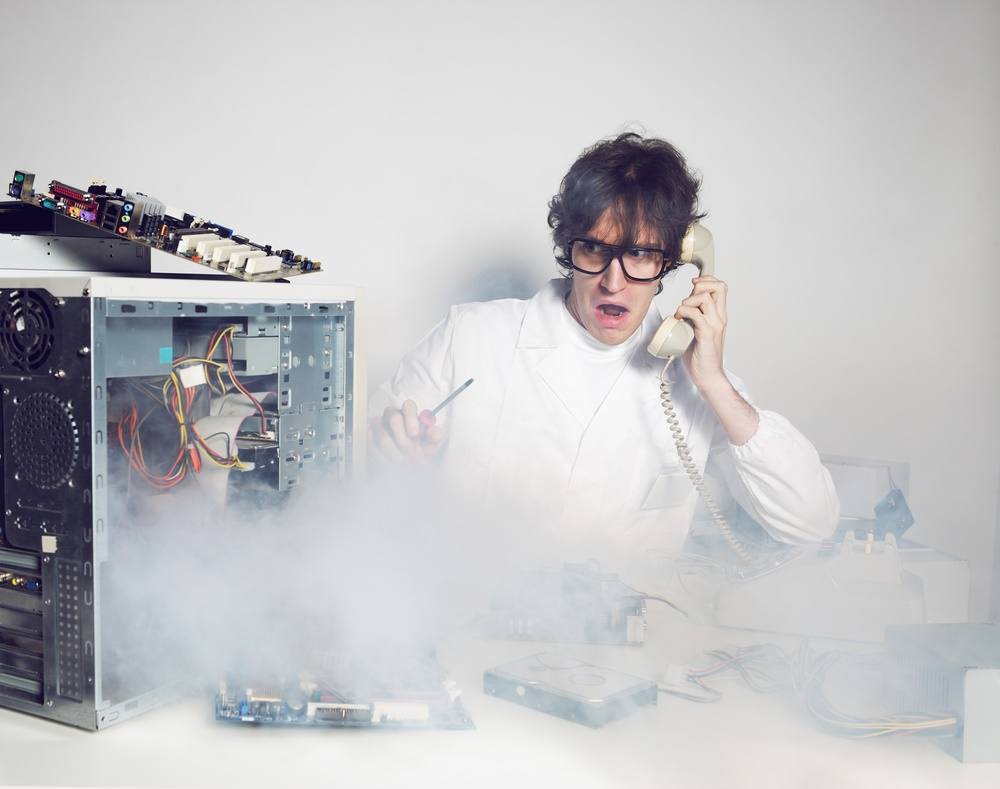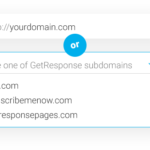You might not know this, but computers are the cause of a small percentage of home fires each and every year. Typically, these fires are often the result of human error or negligence. So, if you currently own a computer, or are in the process of buying one, it’s important that you’re aware of the fire risks associated with computers and take the necessary precautions to prevent potential disaster.
The following is a list of fire safety prevention tips to help you reduce computer fire risks:
Shut off Monitors
Don’t leave computer monitors on all day and night, especially when you aren’t using your computer. Monitors generate a higher amount of voltage internally and can overheat, resulting in a potential electrical fire. Always shut your monitors off when not using them.
Remove Dust and Covers
Always try to keep your computer free from dust. An accumulation of dust can block the airflow, cause your computer to overheat, and potentially start a fire. Additionally, computer dust can also cause allergies and other potential health problems. Use dust sprays to remove dust on a regular basis.
If you use dust covers, don’t leave your computer running all day and night with the covers on. This can cause your computer, monitor or printer to overheat and possibly ignite an electrical fire. Shut your computers off when not in use or remove the dust covers when using your computer for long periods of time.
Keep Liquids Away
Always keep liquids away from your computer. One accidental spill can be disastrous. Liquids can leak into your PC tower or laptop and cause a component to short out, which may lead to sparks that ignite a fire. Additionally, liquids can spill onto the outlet or surge protector, which may cause a bigger disaster within the home.
Make Sure Outlets Are Properly Grounded
If you reside in an older home, or one that may be rundown, it’s a good idea to check the condition of the electrical outlets, especially the one that your computer will be plugged into. Make sure it’s properly grounded and the wires are in good shape. Improper wiring can easily lead to an electrical fire, as can an outlet that’s incapable of handling all of the computer components you’re plugging into it.
Use A Surge Protector
It’s highly recommended to always use a surge protector or power strip. Not only can you safely plug more computer components into surge protectors, but they will also protect your computer from a voltage surge like ones caused by lightning and short circuits.
Proper Ventilation
Try to always maintain proper ventilation for your computer. Whether it’s a laptop or PC, keep the vents and fans unobstructed. Don’t leave you laptop running all day, wrapped up in a blanket on your bed. Make sure your PC has enough space between the wall and the tower fans or the desk and the tower fans. Ventilation obstruction can lead to your computer overheating which may ignite an internal fire.
Power Cords
Always check to see if the power cord to your computer or laptop is undamaged. A damaged power cord can overheat or cause a spark which may lead to a fire. Additionally, make sure that you’re using the power cord that came with your computer or laptop. Using a different power cord is hazardous because it might not be able to handle the voltage or properly connect to your device.
Damaged or Defective Equipment
Damaged or defective equipment can also be a fire risk. Routinely check the physical components of your computer to ensure there’s not any noticeable damage. Also, keep an eye out for potential safety recalls on your computer, laptop or hardware.
Professional Assistance
If you’re unsure on how to properly set up your computer to prevent fire hazards, then seek the services of a computer professional. Additionally, it’s a good idea to get a computer tune-up once a year by a professional to make sure that your hardware or software is running properly and without any defects or recalls. Lastly, it’s best to keep a fire extinguisher in your home. Throwing water on an electrical fire can cause the fire to spread. A fire extinguisher is designed to handle ordinary combustible and electrical fires. Are you ready to lower your fire risks?
Author Bio
With over 30 years in the IT industry, Peter Pane has helped many people overcome their IT problems by providing effective problem solving solutions. Peter is an IT consultant who initially started out as a computer programmer within the finance industry maintaining and developing large applications. Across his time working in these industries, Peter began to devise new ways to get better results for his customers. This lead him to become fully qualified in IT Service Management. He currently holds an ITIL Expert (V3) qualification. Today Peter is the owner of a Jim’s Computer Services franchise in Drouin. He works with small to medium businesses so they can get the most out of their technology, what they want to achieve, and what they own in today’s world. His aim is to help all businesses gain value from all technologies that are available to them for maximum results.








